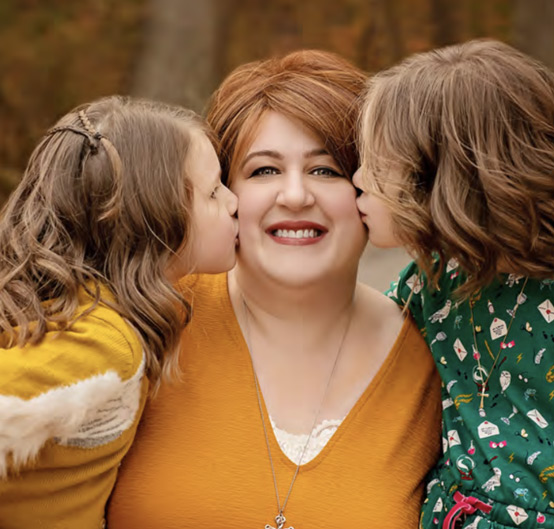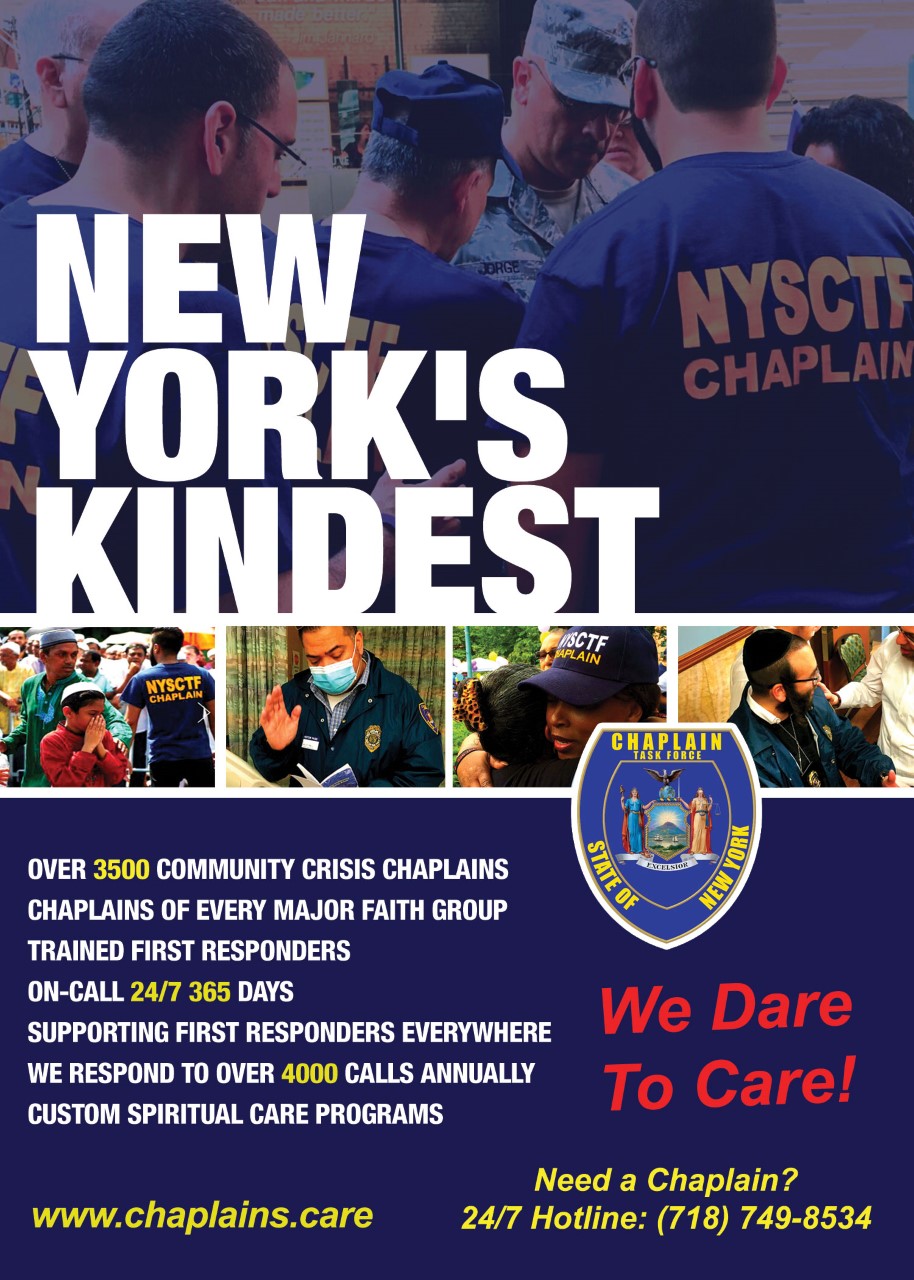The impact of the coronavirus pandemic has created a new reality marked by palpable feelings of grief and loss. No one would disagree that our world has changed. Logically, we know many of these changes are temporary; but after months of quarantining and social distancing it doesn’t quite feel that way.

Many spiritual leaders and houses of worship are all too familiar with helping others navigate the mourning process. While we must continue to bring a sense of peace and solace to those families grieving COVID losses, we must also allow ourselves to mourn the sense of normalcy we all once took for granted. Stressors like unemployment, financial strain, isolation, and the lack of contact with our faith-based communities have compounded our personal grieving processes. It is imperative for all houses of worship (HOW’s) to know that what we’re experiencing has a name and it’s called “anticipatory grief.”
Anticipatory grief typically occurs before an expected loss, most often in the wake of a person being given a dire health diagnosis. As family and friends begin to prepare for the inevitable passing of their loved one, they attempt to “anticipate” what their grief might look like. Most often, people who are experiencing this type of grief can feel sadness over the impending loss, fear of what will happen, anger over the situation, and a sense of isolation and loneliness.
Elizabeth Kübler-Ross first introduced her five stage grief model in her book On Death and Dying. The Swiss psychiatrist spent years working with terminally ill patients who she believed traversed through 5 distinct stages that included denial, anger, bargaining, depression, and acceptance. Using Ross’ model as a lens to view COVID 19 can help us to better understand our anticipatory grief. Let’s look at denial. If we think back to early March, many of us said “This virus won’t affect us.” Then, as states began to implement social distancing measures, there were obvious feelings of anger as many people openly resented the fact that they were being forced to stay home and cancel activities as a method of mitigation. That lead us to bargaining. By collectively agreeing to put our lives on PAUSE we had hoped the world would somehow become alright again. Then came the sadness in realizing that despite our best efforts it would still be some time before this pandemic would finally end. For some, this sadness could manifest into depression as our sleeping, eating, and work habits continue to be impacted deeply altering our mood stability.
The true power, the silver bullet, of anticipatory grief, remains in Ross’ final stage of acceptance. With acceptance, we acknowledge, “Yes, this is happening. Now, what can “I” do to get through this?”
This is where we begin to empower ourselves in our faith communities because we turn the tables from a sense of fear to a sense of control. Working remotely, hand washing, social distancing, and wearing a face-covering are all ways we can individually take ownership of our personal responsibility in this pandemic and help society as a whole.
We must calm our minds, bodies, and spirits by consciously choosing to come into the present. If we let our anticipatory grief become the center of our lives then our anxiety will reach unprecedented levels. While it’s important to discuss some of the emotions we’re all feeling, we must counteract them by seeking balance in our thoughts. Don’t allow your mind to wander to the worst-case scenario. Find an avenue to help you recalibrate in a manner that personally speaks to you whether that means reading scripture or listening to music.
Houses of worship all over the world have the difficult task of navigating their congregants through this crisis. The most fearful component of the coronavirus remains this pandemic is so open-ended. We have yet to determine when the world will return to the state of normalcy that we once remembered thus ending our anticipatory grief. If history has taught us anything, it’s that pandemics are survivable. We should all overprotect, but we should not overreact. Remember, through acceptance, you retain power over your mental, physical, and spiritual well-being; building the resilience you need to weather the crisis.










